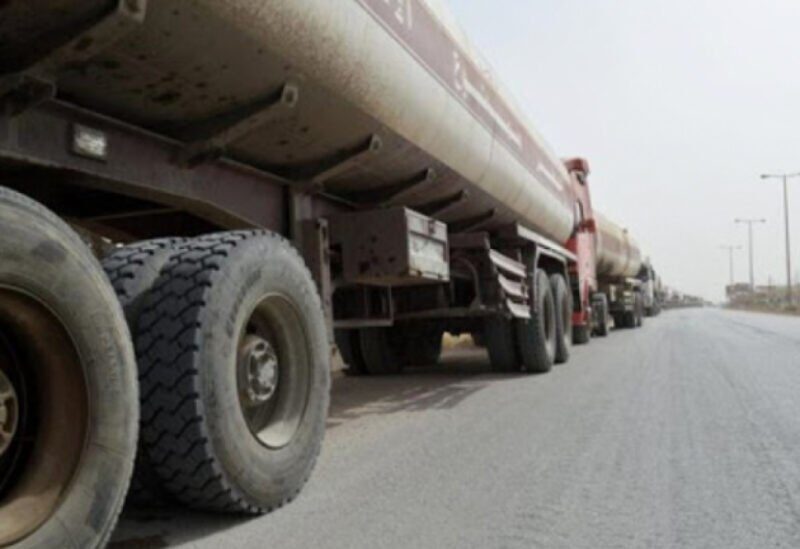
Everyone is talking about illegal crossings between Lebanon and Syria, which have become similar to the cave of “Ali Baba and the 40 Thieves,” where all kinds of goods are smuggled to Syria, in addition to gasoline and diesel.
There are no serious and actual attempts to combat smuggling despite the fact that Lebanon is experiencing a stifling economic crisis and a shortage of gasoline and diesel, while Lebanese are waiting in queues at gas stations to get a few liters in order to go to work.
The smuggling mafias contact companies involved in distributing fuel and offer them fantastic prices, in fresh dollars the companies cannot refuse, especially since the smuggled fuel is sold in hard currency inside Syrian, or in its equivalent in Lebanese pounds, according to what private sources told “Sawt Beirut International.”
The sources say that “the share of truck drivers is preserved, and it around to 5 million pounds for each truck or tanker, and their mission is to deliver the tankers to near the Lebanese-Syrian border, and there they meet with a group affiliated with one of the clans responsible for the illegal crossings. They unload the fuel into small tanks according to the demand inside the Syrian territory.”
The same sources reveal that the illegal crossings are named according to the clan that supervises the crossing, as one crossing generates nearly 500 million pounds per day as a net profit. It is a large sum that is divided among smugglers from the same family.
The sources add that a share of the 500 million goes to security persons to overlook the smuggling operations taking place, and this is a very dangerous matter as it increases smuggling operations without accountability and without monitoring of these crossings.
The sources indicate that the geographic location of the illegal crossings plays a prominent role in the process of combating smuggling, as they are located within rugged lands and need special mechanisms and military helicopters to access them, in addition to the lack of fuel oil that prevents intensive anti-smuggling patrols.
“There is no hope of stopping smuggling”, the sources say. “The state is absent. Indeed, some influential politicians in the region are involved and are responsible for managing the crossings and bringing in requests and customers from inside Syrian territory in cooperation with the security services of the Syrian regime”.